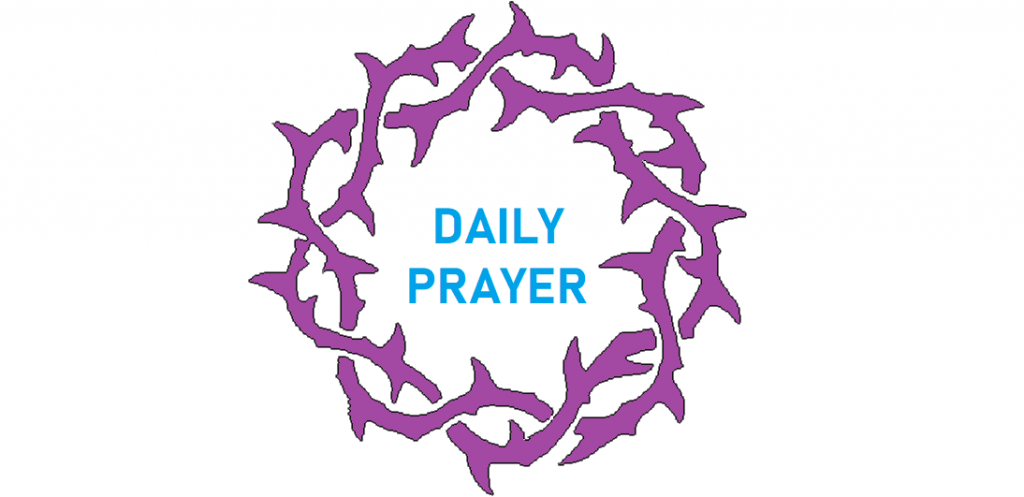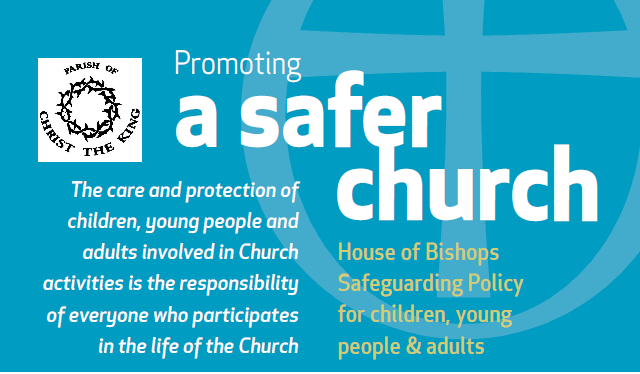
Hello Everyone
14TH DECEMBER Advent 3 “The Meaning is in the waiting”
In church on Advent Sunday, we light the first candle of the four that are placed round an Advent wreath. Each coloured candle is dedicated to a biblical character for that week. The central candle is white representing Jesus the Light of the world. After the character has been introduced a child or children are often called to light the candle for that week.
So – Week one Abraham and Sarah are called as examples of father and mother of the faith and of people whose calling draws them into a lifetime of waiting the fulfilment of Gods promise to them. Our ancestors in the faith are called to wait.
Week two it’s the Prophets who have expectations of Gods intervention in the world waiting for Jesus return.
Week three is John the Baptist whose ministry existed between the old and new and pointed to things beyond himself.
Week four looks at Mary whose whole life was shaped by waiting for the events beyond her control.
The Welsh Poet and Anglican Priest, R S Thomas, would have taken many Advent Services in the Churches he served. In 2008 Dr Paula Gooder, a Biblical Scholar, chose the last line of his poem ‘Kneeling” as the title of her book for Advent. The last line says – ‘The Meaning is in the Waiting.’
Kneeling
Moments of great calm,
Kneeling before an altar
of wood in a stone church
In summer, waiting for the God
To speak; the air a staircase
For silence; the sun’s light
Ringing me, as though I acted
A great role. And the audiences
Still; all that close throng
Of spirits waiting, as I,
For the message.
Prompt me, God;
But not yet. When I speak,
Though it be you who speak
Through me, something is lost.
The meaning is in the waiting.
R S Thomas
In the church, the four weeks of Advent are set aside, in both waiting and preparation for the celebration of the coming of Christ. Antipathy to waiting is exacerbated, if not encouraged, by the world we live. All around us we encounter, day after day, the encouragement not to wait but to have what we want now. Our credit driven society urges us to abandon all thought of waiting and to buy now; so many adverts have as their underlying message ‘why wait’? Improvements in communication only erode the notion of waiting further: We are told that people feel aggrieved if they have to wait for more than 24 hours to receive a reply from an email and mobile phones help us to be available even when we are out. Waiting is, increasingly a strange notion. We have become accustomed to immediacy and swift action.
Given all of this it seems almost ludicrous that the church should have Advent – four weeks dedicated to waiting. Is this not the church yet again, looking backwards to bygone days, to ideas irrelevant to our society, out of touch and out of date? Would it not be a better idea to abandon Advent altogether and simply accept that it is no longer in tune with our culture.?
Part of the clue to a reinvigorated and renewed vision of Advent lies in waiting; a waiting that rests not in frustration but in stillness; not in frenzied anticipation but in the embracing of the present. We are living in strange and difficult times – what will Christmas be like this year, with its various tiers of regulations up and down the country. People are being interviewed for their thoughts daily about the five days surrounding Christmas and what it means to them.
The meaning of Christmas to the populous in general is lost. There is some evidence that churches are looking hard, with some success, at delivering and getting the Christian message across. Within our churches and with the help of the Holy Spirit, may we wait patiently through the difficulties and joys of those people mentioned at the lighting of the four candles in our Advent Wreaths.
R S Thomas’ famous poem ‘Kneeling’ from which the title of Paula Gooder’s Advent book is drawn, articulates the fact that sometimes the really profound moments of our lives occur in the in-between time just before something happens. Truth lurks in the moment between the out breath and the in breath or the moment just before someone speaks. Thomas in his poem recognises the paradox that sometimes the fulfilment of that which we wait robs us of what we were waiting for and that we discover to our surprise that the meaning is in the waiting and not in the fulfilment. Once we recognise this, it becomes clear that Advent is not an irrelevant, cultural dinosaur but vital to our very well- being. If we are able during Advent, to relearn the skill of waiting, then it will have value not only for Advent and Christmas but for the whole of our lives.
ADVENT READING
Luke 1:8-16
.8 Once when Zechariah’s division was on duty and he was serving as priest before God, 9 he was chosen by lot, according to the custom of the priesthood, to go into the temple of the Lord and burn incense. 10 And when the time for the burning of incense came, all the assembled worshipers were praying outside.11 Then an angel of the Lord appeared to him, standing at the right side of the altar of incense. 12 When Zechariah saw him, he was startled and was gripped with fear. 13 But the angel said to him: “Do not be afraid, Zechariah; your prayer has been heard. Your wife Elizabeth will bear you a son, and you are to call him John. 14 He will be a joy and delight to you, and many will rejoice because of his birth, 15 for he will be great in the sight of the Lord. He is never to take wine or other fermented drink, and he will be filled with the Holy Spirit even before he is born. 16 He will bring back many of the people of Israel to the Lord their God.
ADVENT PRAYER
Blessed are you, Lord God for raising up you servants Zechariah and Elisabeth,
Mary and Joseph, to prepare the way for Jesus
Blessed are you for coming to us.
We rejoice as you enter this world with peace and love
and turn our darkness into the light of your presence.
Keep Safe, Keep praying
Peter


